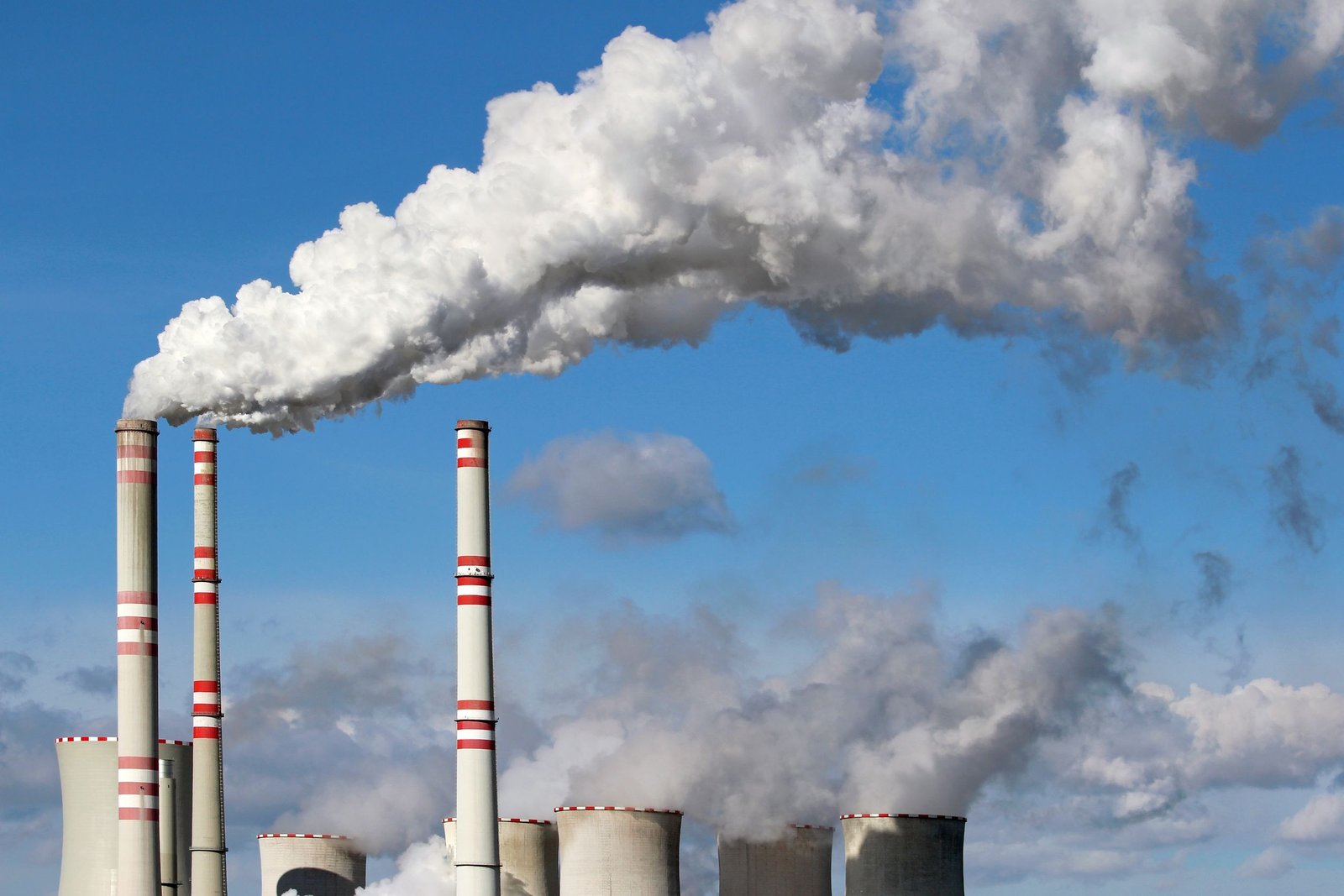Inside BENEO’s new pulse plant: pioneering sustainable protein from faba beans
Researchers have warned that the rising levels of carbon dioxide in the air threatens to strip wheat, rice, and other staple grains of valuable nutrients, thus raising the danger of mass malnutrition.
Going by the current scenario, higher CO2 concentrations could reduce iron, zinc and protein levels by up to 17% in the crops in the world’s major crops by mid-century, the Journal reported.
“Hundreds of millions of people could become newly deficient in these nutrients, primarily in Africa, Southeast Asia, India and the Middle East,” said Matthew Smith, a researcher at the Harvard TH Chan School of Public Health. “These are in addition to the billions of people already deficient that could see their condition worsen,” he added.
INDIA MIGHT BE HIT THE HARDEST
Nearly two percent of the global populations an extra 175 million people could become zinc deficient, and 122 million would become protein deficient. Around 1.4 billion women and children under five would probably find their iron intake reduced by four percent or more, resulting in around half-a-billion of them developing iron deficiency-related disease.
The team has reported that India would be the hardest hit, with some 50 million people suffering from a lack of zinc, and 38 million falling short of minimum protein requirements. China, Indonesia, Bangladesh, Brazil, Kenya and other emerging or developing economies will also see a dramatic rise in the number of nutrient deficiency cases.
“Supplements could temporarily alleviate some of the health consequences, but they are not a viable long-term solution,” said Smith. “Because they are difficult to distribute and do not address the underlying cause of malnutrition, vitamins, and supplements “should best be seen as a short-term medical intervention,” he added.

